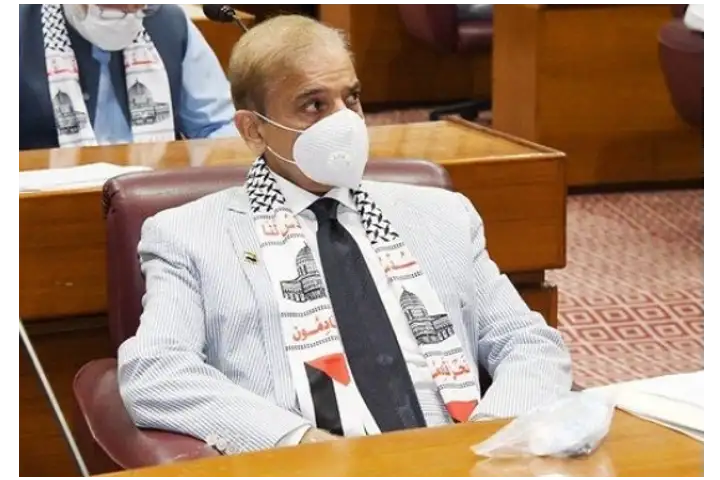The International Monetary Fund (IMF) has asked Pakistan to strengthen its anti-corruption mechanism if it wants an economic relief package.
Although the erstwhile Imran Khan government had agreed it would take action to reduce corruption, the UMF has reminded Islamabad that no action has been taken to comply with the condition.
The Structural Benchmark (SB) which was agreed upon by Pakistan Tehreek-e-Insaf (PTI) was not fulfilled.
In order to strike a staff-level agreement with the International Monetary Fund on the completion of the sixth review now the challenge lies with Prime Minister Shehbaz Sharif-led party, reported Geo TV.
Pakistan and the International Monetary Fund (IMF) for the 7th review under the USD 6 billion Extended Fund Facility (EFF) programme will be delayed as they do not reach any staff-level agreement.
An IMF spokesperson while speaking on the seventh and eighth review under the EFF program said, "Discussion with the Pakistani authorities on the review continues and we do not comment on specific elements under discussion."
"In general, strengthening governance and transparency has been a key goal under Pakistan's EFF supported the program as these ultimately support robust inclusive growth," the spokesperson said, as per the media outlet.
Pakistan is under a heavy financial crunch and has secured a deal with the International Monetary Fund (IMF) to restore the stalled USD 6 billion package, however, the road ahead is not easy to get two combined tranches of about USD 1.85 billion from the IMF by the end of July or early August.
Pakistani Finance Minister Miftah Ismail earlier on Tuesday announced that Pakistan had received the Memorandum of Economic and Fiscal Policies (MEFP) from the IMF for the combined seventh and eighth reviews.
Under the MEFP shared with the government, the 39-month EFF will be extended by one year to September 2023.
The MEFP is based on budgetary measures announced by Ismail in his winding-up speech on the revised budget in the National Assembly last week, envisaging over Rs 1.716 trillion (2.2 pc of GDP) of fiscal adjustment, mostly through taxation, including a 10 pc super tax on 13 industries and personal income tax covering monthly incomes above Rs 50,000 per month.



















